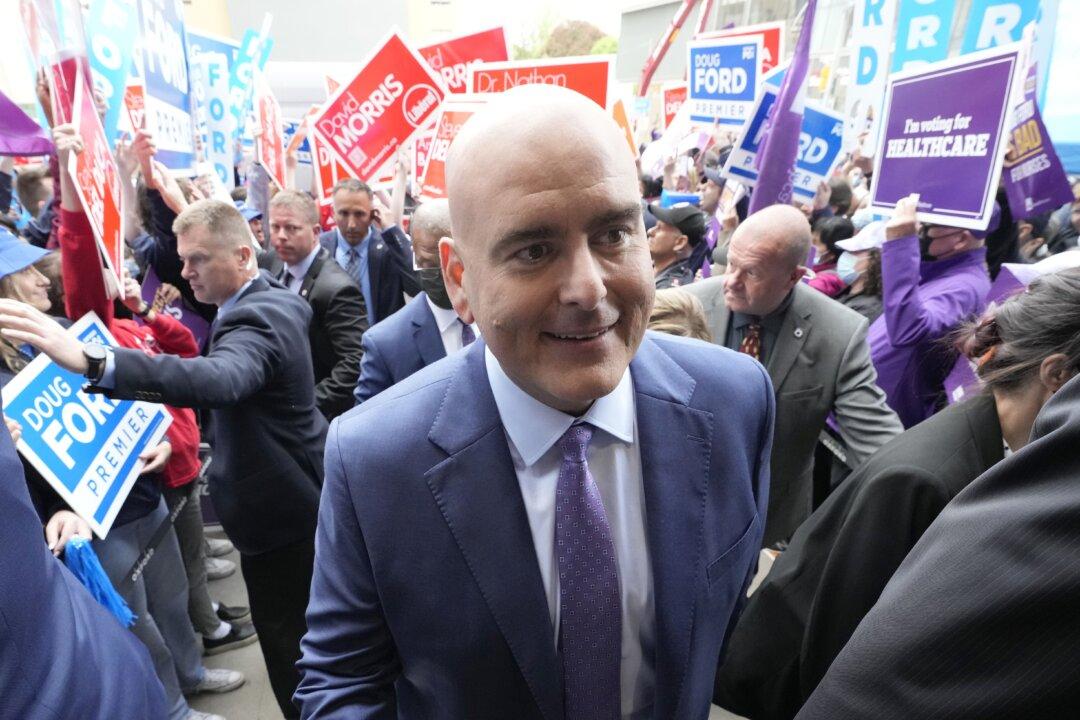Provincial Liberals have drifted to irrelevance in some provinces, such as Alberta and Saskatchewan, and in Manitoba they hold just three seats. But in Ontario, despite falling from the party forming government to third place in 2018, some observers say it’s a different story.
“The Liberal brand is very strong in Ontario. After all, they’re the dominant party federally. They certainly aren’t in Alberta,” Nelson Wiseman, emeritus professor of political science at the University of Toronto, said in an interview.





